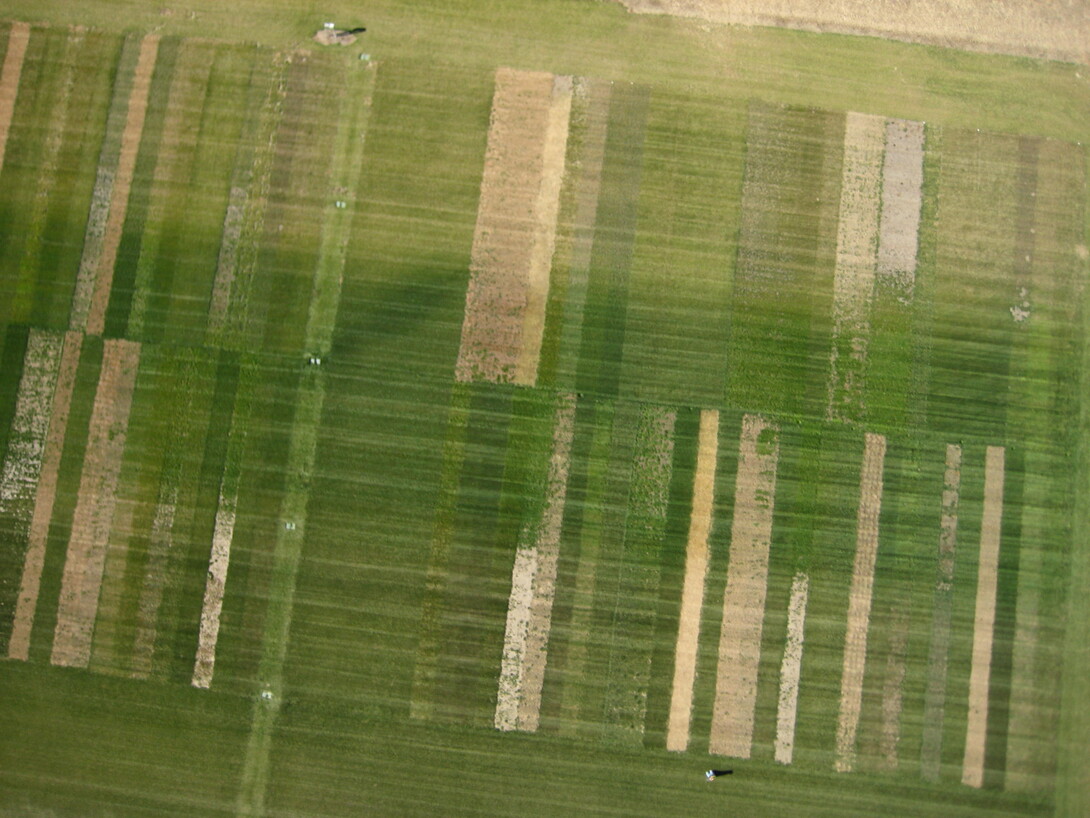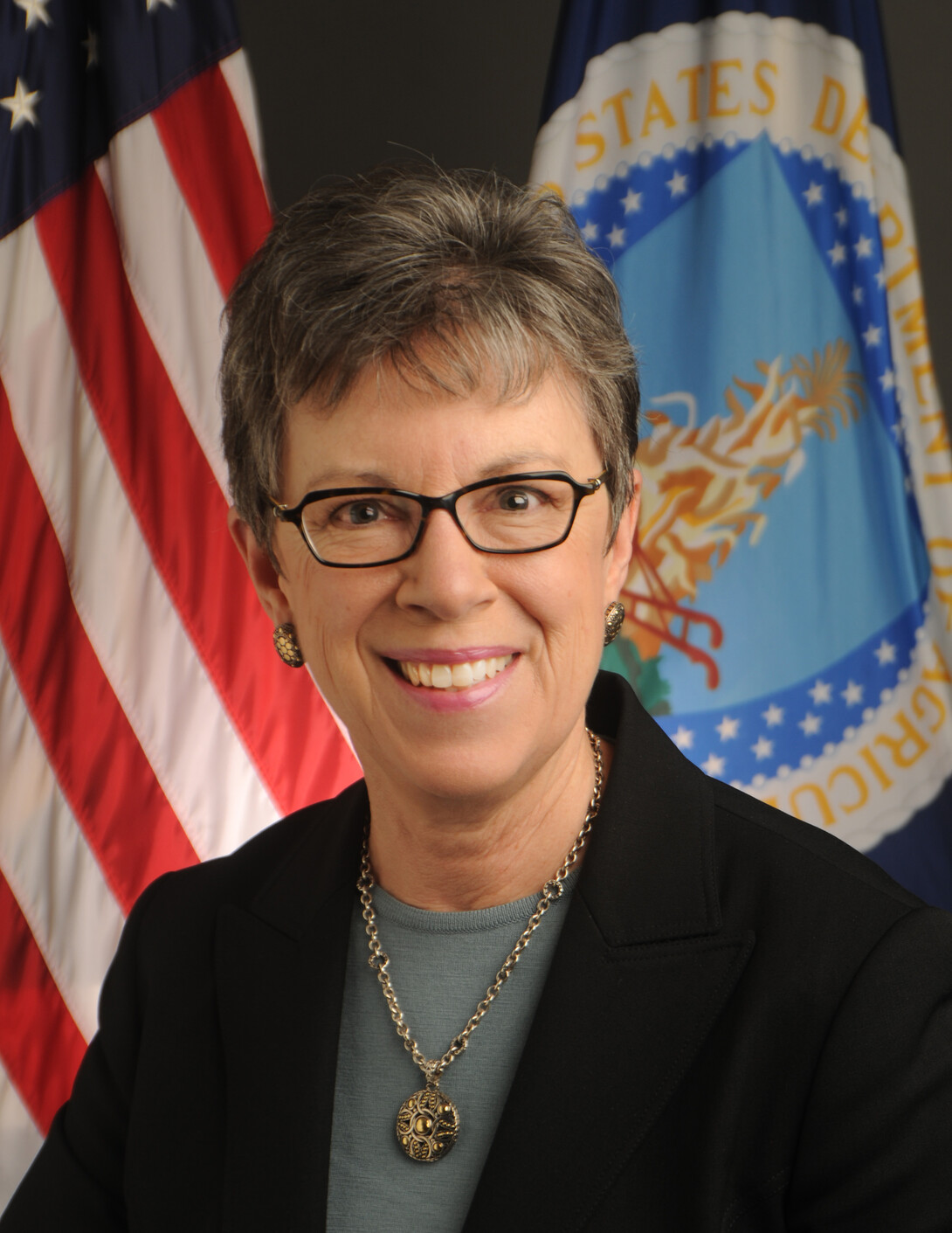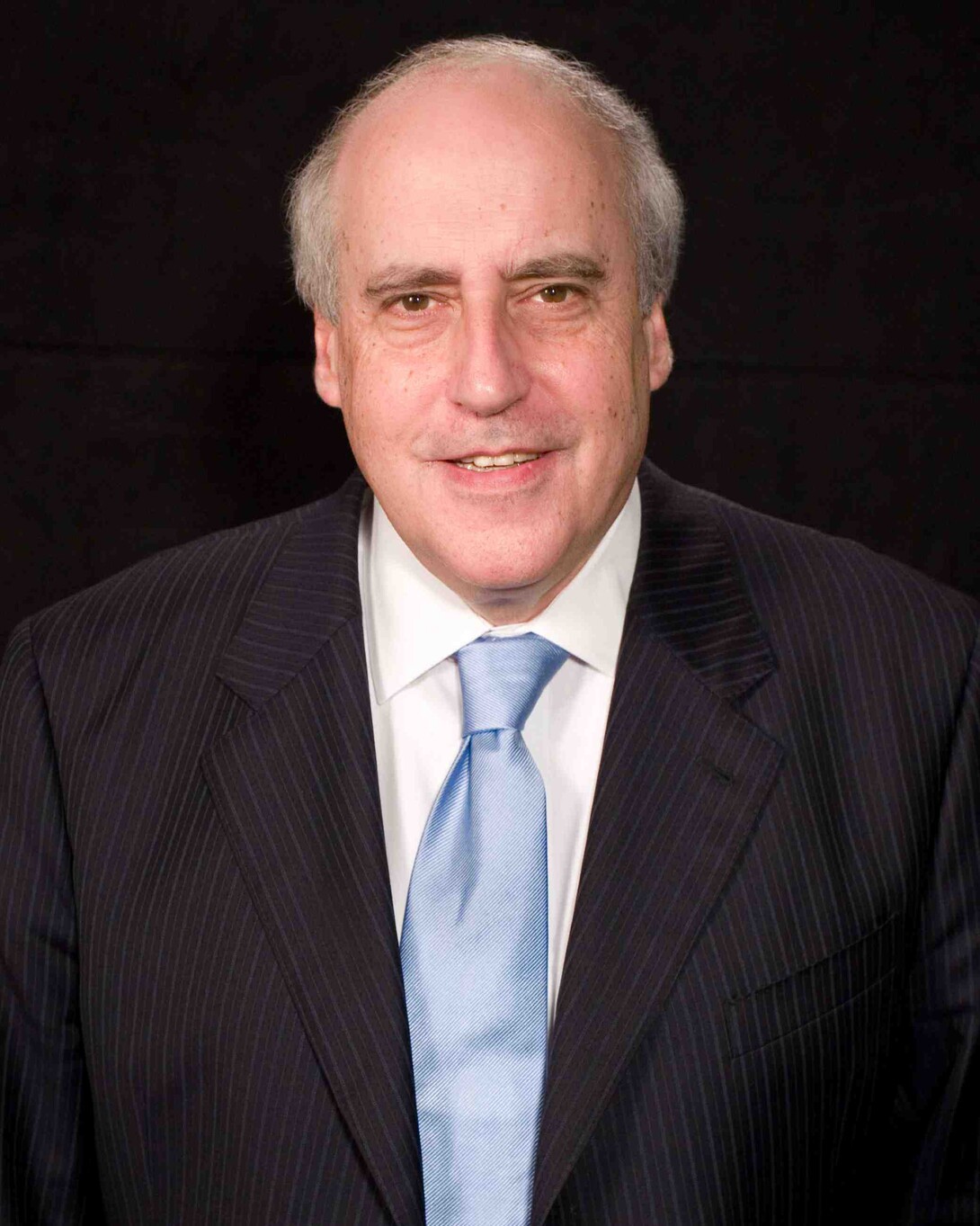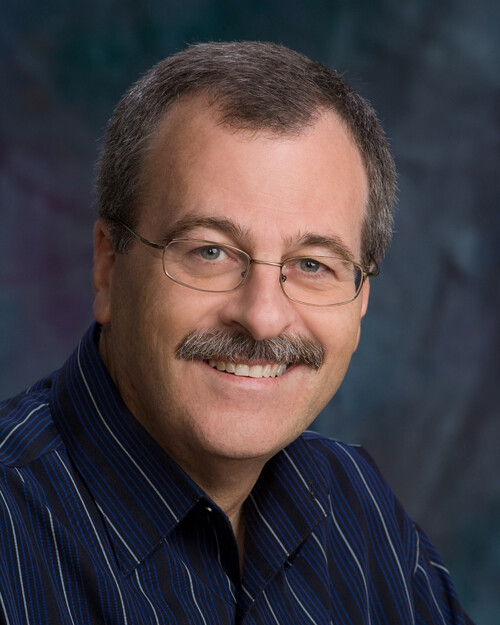
For more than 100 years the United States has been the world leader in agricultural production and innovation. Today there are concerns that is changing. What would changes mean for Nebraska and U.S. agriculture? For food production for the world?
These and other questions are part of “Regaining the U.S. Lead in Agricultural and Natural Resources Research and Education,” the free Heuermann Lecture panel topic at 7 p.m. Jan. 14 in the East Union.
Catherine Woteki, USDA undersecretary for research, education and economics, and Dan Glickman, former U.S. secretary of agriculture, will begin the discussion, outlining where the U.S. currently stands in world leadership in agricultural production and natural resources research and education. This is at a time there’s concern markets signal the beginning of the end of more than 50 years of global agricultural abundance.
They’ll look at the global landscape as well as challenges facing U.S. and world agriculture.
Then both will join Philip Pardey as a panel to discuss what needs to happen next. Pardey is a University of Minnesota Department of Applied Economics professor and co-author of “Agricultural Innovation: The United States in a Changing Global Reality,” a report sponsored by The Chicago Council on Global Affairs.
Clayton Yeutter, former U.S. secretary of agriculture and native Nebraskan, and Ronnie Green, Harlan vice chancellor of the Institute of Agriculture and Natural Resources at UNL, will serve as panel moderators.
“In the last decades we’ve seen U.S. investments in agricultural and natural resources research and education decline at the same time an increasing world population means more mouths to feed,” Green said. “Decline in investment has brought a corresponding slowdown in U.S. production growth. Yet countries that compete with the U.S. in agricultural production haven’t decreased their research and development dollars, and their agricultural production hasn’t slowed.”
Noting the President’s Council of Advisors on Science and Technology in December 2012 called for increasing investments in U.S. agricultural research to meet growing challenges, Green said panelists will discuss what happens in the U.S. and in the world if the U.S. no longer leads agricultural and natural resources research and education. Is this decline in investment a conscious decision that’s OK, or is action needed? If so, what action?
“These and other questions are of vital importance to an agricultural state like Nebraska,” Green said, “and, for that matter, to everyone who eats.”
Woteki also is USDA’s chief scientist. Her responsibilities include oversight of the Agricultural Research Service, National Institute for Food and Agriculture, Economic Research Service and National Agricultural Statistics Service, as well as the National Agriculture Library and National Arboretum. She has served as first undersecretary for food safety at USDA, as global director of scientific affairs for Mars Inc., and as dean of agriculture and professor of human nutrition at Iowa State University, where she also headed the Agriculture Experiment Station.
Glickman was U.S. secretary of agriculture from 1995-2001 and currently is executive director of the Aspen Institute Congressional Program. For 18 years he represented Kansas’s 4th congressional district in the U.S. House of Representatives. He has been director of the Institute of Politics at Harvard University’s John F. Kennedy School of Government, and chairman of the Motion Pictures Association of America Inc. He is co-chair of the Chicago Council on Global Affairs Global Agricultural Development Initiative.
Pardey also is director of the University of Minnesota’s International Science and Technology Practice and Policy Center. Before joining UMN he was a senior research fellow at the International Food Policy Research Institute in Washington, D.C., and a senior research officer at the International Service for National Agricultural Research in The Hague, Netherlands. He’s the author of more than 220 books, articles and papers, including “Persistence Pays: U.S. Agricultural Productivity Growth and the Benefits from Public R&D Spending.”
Heuermann Lectures in IANR focus on providing and sustaining enough food, natural resources and renewable energy for the world’s people, and on securing the sustainability of rural communities where the vital work of producing food and renewable energy occurs. They’re made possible through a gift from B. Keith and Norma Heuermann (pronounced HUGH-er-man) of Phillips, long-time university supporters with a strong commitment to Nebraska’s production agriculture, natural resources, rural areas and people.
Heuermann Lectures stream live at http://heuermannlectures.unl.edu, and are archived at that site shortly after the lecture. They’re also broadcast on NET2 World at a date following the lecture.










